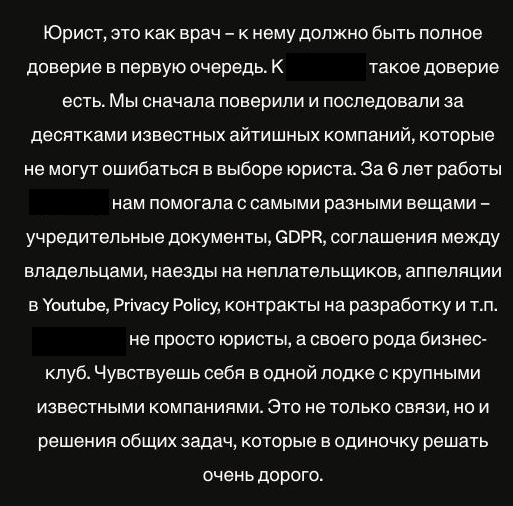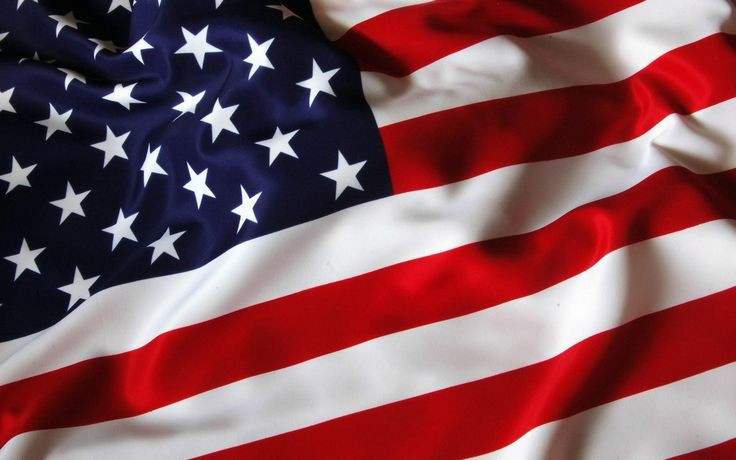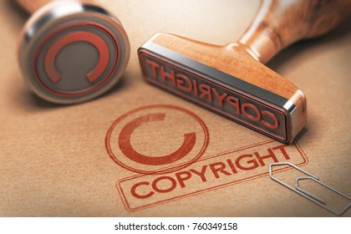My name is Dmytro Dubograyev, I am the head and managing partner of a law firm
Introduction: This was one of the landmark cases in the field of copyright protection and enforcement of license agreements in the B2B segment. We represented an IT company — a software developer distributing its product to corporate clients under a licensing model. A license violation by one of the client’s vendors required us to promptly defend our client’s rights using both technical expertise and legal instruments.
Case Overview
Our client is an IT company that develops and licenses software for business users. The product distribution model included strict limitations on the number of installations allowed based on the number of purchased licenses.
The license agreement included the following provisions:
- Direct linkage between the number of permitted installations and the number of acquired licenses.
Prohibition on exceeding the permitted number of installations.
Clear definition that such violations would constitute not only a breach of contract but also copyright infringement.
Liability for such violations, including the obligation to compensate for damages caused.
During technical support services, it was discovered that one of the client’s vendors had significantly exceeded the allowed number of installations: the actual number of installations was far beyond the number of purchased licenses.
Challenges
The case involved several challenges:
- It was necessary to technically verify and document the actual number of violations.
It was required to legally qualify the vendor’s actions as breaches of both the license agreement and copyright law.
The task was to resolve the dispute pre-trial with maximum efficiency for the client.
Accurate calculation of the amount of compensation was critically important.
Defense Strategy
We developed a clear multi-stage strategy to protect the client’s rights:
- Evidence Collection:
- Conducted an analysis of technical logs and system records capturing all activated installations.
Prepared a technical report confirming the fact of exceeding the allowed number of installations.
Documented the unauthorized use of the software by end users without valid licenses.
- Legal Qualification:
- Prepared a detailed legal analysis of the vendor’s actions, qualifying them as dual violations — breach of contract and copyright infringement.
Drafted a formal pre-litigation claim including:
A detailed description of the violations;
- Legal qualification of the vendor's conduct;
Calculation of the compensation amount;
- Notice of potential legal consequences in case of refusal to settle amicably.
- Negotiation Process:
- Organized official notifications and negotiations with the vendor’s representatives.
Maintained a well-grounded legal position, outlining litigation risks and additional costs in case of non-compliance.
Provided full legal support for the client throughout all negotiation stages.
Outcome
As a result of our efforts, the vendor fully admitted responsibility and voluntarily agreed to pay $50,000 in compensation for underpaid license fees. The case was resolved without the need for litigation.
- The violation was recorded and settled pre-trial.
The client received full compensation for underpaid licensing fees.
Litigation expenses and lengthy court proceedings were successfully avoided.
The client's copyrights were protected, and licensing compliance was enforced.
A precedent was established, strengthening the client’s position in future vendor relations.
This case confirmed the importance of a systematic approach at the intersection of technical and legal aspects of intellectual property protection.
Thanks to accurate fact-finding, proper legal qualification of the violations, and a well-structured pre-litigation strategy, we effectively defended our client's interests while avoiding lengthy litigation and additional expenses.






























